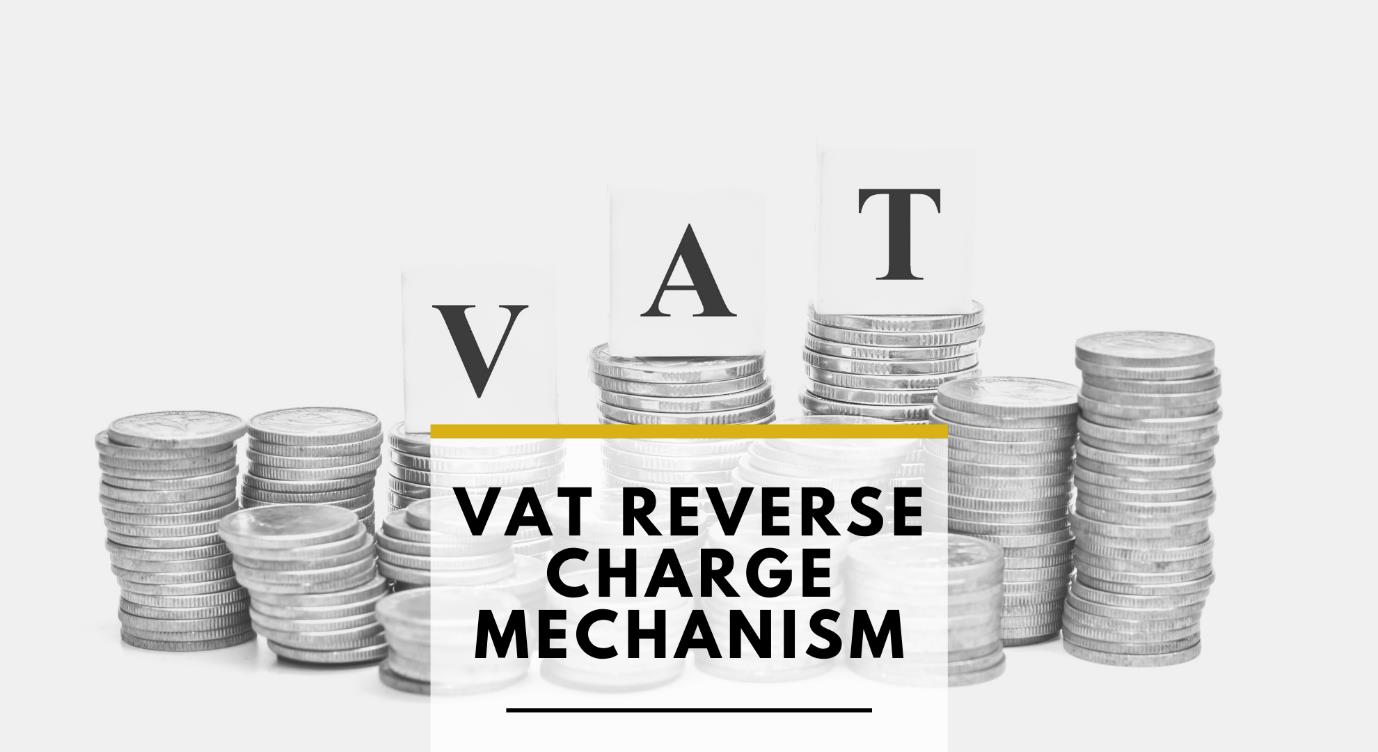In accordance with the UAE VAT Law, the duty to impose, collect, and remit taxes to the government falls upon the entity making taxable supplies, namely the supplier. Essentially, when a registered supplier engages in a taxable transaction, they are required to apply VAT and submit the collected amount to the government. This procedure, where a registered supplier collects tax from their customers, is known as the forward charge mechanism. For instance, consider A-One Spares Ltd selling spare parts valued at AED 100,000 to General Automobiles Ltd and collecting AED 5,000 in VAT at a rate of 5%. This VAT of AED 5,000 is collected through the forward charge mechanism. Nevertheless, the UAE VAT Law and Executive Regulations specify certain types of transactions where VAT must be applied using the Reverse Charge Mechanism.
Before delving into the specifics of transactions subject to Reverse Charge VAT, it is important to grasp the concept of this mechanism.
What is the Reverse Charge Mechanism for VAT?
Under the Reverse Charge Mechanism, for specific designated transactions, the responsibility of paying the tax is shifted from the supplier to the recipient or buyer of goods or services. This stands in contrast to the forward charge mechanism, where the supplier bears the responsibility for tax payment.
Why Implement the VAT Reverse Charge Mechanism?
The introduction of the Reverse Charge Mechanism in the UAE is primarily aimed at ensuring that VAT is collected on the supply of goods or services in cases where the supplier is not a taxable entity, yet the supply is made within the UAE. Consequently, the recipient or buyer is treated as if they are supplying taxable goods or services to themselves and is responsible for remitting VAT to the government.
What Types of Supplies are Subject to Reverse Charge VAT in the UAE?
Broadly speaking, under UAE VAT, imports of specific goods or services, as well as the supply of crude or refined oil, unprocessed or processed natural gas, or any hydrocarbons for resale or energy production and distribution, are subject to Reverse Charge VAT. The UAE VAT Law enumerates the following supplies that fall under the Reverse Charge Mechanism, provided the relevant conditions outlined in the UAE Executive Regulations are met:
1. Imports of designated goods or services for business purposes.
2. Taxable supply of crude or refined oil, unprocessed or processed natural gas, or any hydrocarbons for resale or energy production and distribution by a registered supplier to a registered buyer within the UAE.
3. Supply of goods or services by a supplier without a place of residence in the UAE to a taxable person with a place of residence in the UAE.
All the above-mentioned supplies are subject to the Reverse Charge Mechanism. However, specific conditions prescribed in the UAE VAT Executive Regulations must be met for each of these supplies to be liable for Reverse Charge VAT.
Example of Reverse Charge VAT
To illustrate how the Reverse Charge Mechanism operates, consider the scenario where A-One Spare Ltd, a registered dealer in spare parts and accessories in Dubai, imports spare parts valued at AED 5,500 from Speed Motors Ltd in India. In this case, as a registered importer, A-One Spare Ltd is responsible for remitting VAT at a rate of 5% on the AED 5,500, totaling AED 275 to the government.
Distinguishing Reverse Charge VAT from Forward Charge Mechanism
Let’s make a comparative analysis between VAT under the forward charge and reverse charge mechanisms using an example involving domestic supplies of goods at a 5% rate versus the import of similar goods.
Upon careful examination of the illustration, it becomes evident that the net outcome of the Reverse Charge Mechanism is the same as that of the forward charge mechanism. The sole distinction lies in the shift of responsibility for VAT payment, which transitions from the supplier to the recipient. In the above illustration, this responsibility shifts from ABC Firm to XYZ Firm. In essence, the concept of the Reverse Charge Mechanism helps equalize the tax treatment of local and international suppliers, placing both in the same position.
You can also register for VAT Registration on our website:
https://www.vat-registration-uae.com/




